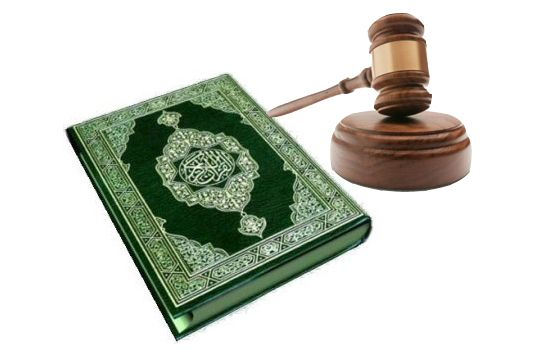Definition and Concept
The Bequeathable One-Third Principle in Muslim law refers to the maximum portion of a Muslim’s property that can be bequeathed by will (Wasiyat) to non-heirs, while the remaining two-thirds is reserved for legal heirs under Shariah inheritance rules. This principle ensures that heirs receive their prescribed fixed shares, while the testator can distribute up to one-third of their estate for charitable purposes, gifts, or to other individuals not entitled under forced heirship rules. In India, this is recognized under Section 2 of the Muslim Personal Law (Shariat) Application Act, 1937, and is subject to judicial supervision to prevent infringement of heirs’ rights. The rule balances the freedom to bequeath with the protection of family members’ legal entitlements.
Legal Basis and Conditions
Under Muslim law, a Muslim can dispose of only one-third of their property by will during their lifetime or through a posthumous bequest. The remaining two-thirds is distributed according to the Faraid (fixed shares) prescribed in the Quran. Any will exceeding one-third without heirs’ consent is void to the extent of excess. The principle is codified in Sections 2 and 5 of the Muslim Personal Law (Shariat) Application Act, 1937, and supplemented by case law interpreting the limits and enforceability of bequests. Charitable donations (Sadaqah or Waqf) and gifts during the testator’s lifetime are generally valid but must respect the one-third ceiling for non-heirs. This framework protects heirs’ interests while allowing limited flexibility for personal choice.
Importance and Legal Effect
The one-third principle prevents undue deprivation of heirs and preserves family wealth for legitimate successors. It provides legal certainty in succession disputes and ensures that the testator’s bequests do not violate Quranic inheritance rules. Courts in India strictly enforce this limit, balancing the testator’s freedom with mandatory distribution to heirs. Violations of this principle are corrected by courts, with excess property being redistributed among the rightful heirs. By codifying the one-third rule, Indian law harmonizes Islamic inheritance principles with modern legal standards, ensuring justice, equity, and family protection under Muslim Personal Law.
Real-Time Example
In Mohammed Ahmed v. Fatima Bibi (AIR 1989 Cal 123), the testator bequeathed 50% of his property to charitable institutions. The Calcutta High Court held that only one-third of the estate could be validly bequeathed, and the remaining two-thirds had to be distributed among legal heirs under Shariat rules. The judgment emphasized that bequests exceeding one-third are invalid against heirs’ rights, reinforcing the legal and religious necessity of the one-third limitation. This case illustrates the practical enforcement of the principle and the protection it provides to heirs in India.
Mnemonic to Remember
“1/3 for Will, 2/3 for Heirs”
- 1/3 – Will → Can be bequeathed to non-heirs or charity
- 2/3 – Heirs → Reserved for legal heirs under Shariat
- Protects Family → Ensures heirs get their rightful share
- Limits Excess → Courts enforce the ceiling strictly
About lawgnan:
Understand the Bequeathable One-Third Principle under Muslim law and protect heirs’ rights with expert guidance at Lawgnan.in. Learn how Indian courts enforce the rule that only one-third of a Muslim’s property can be bequeathed to non-heirs, while the remaining two-thirds is reserved for legal heirs under Shariah inheritance rules. Lawgnan.in provides simplified explanations, relevant case laws like Mohammed Ahmed v. Fatima Bibi (1989), and practical examples to help students, legal professionals, and researchers navigate succession and inheritance issues under Muslim personal law. Ensure compliance, safeguard family wealth, and understand the balance between personal choice and legal obligations effectively.




